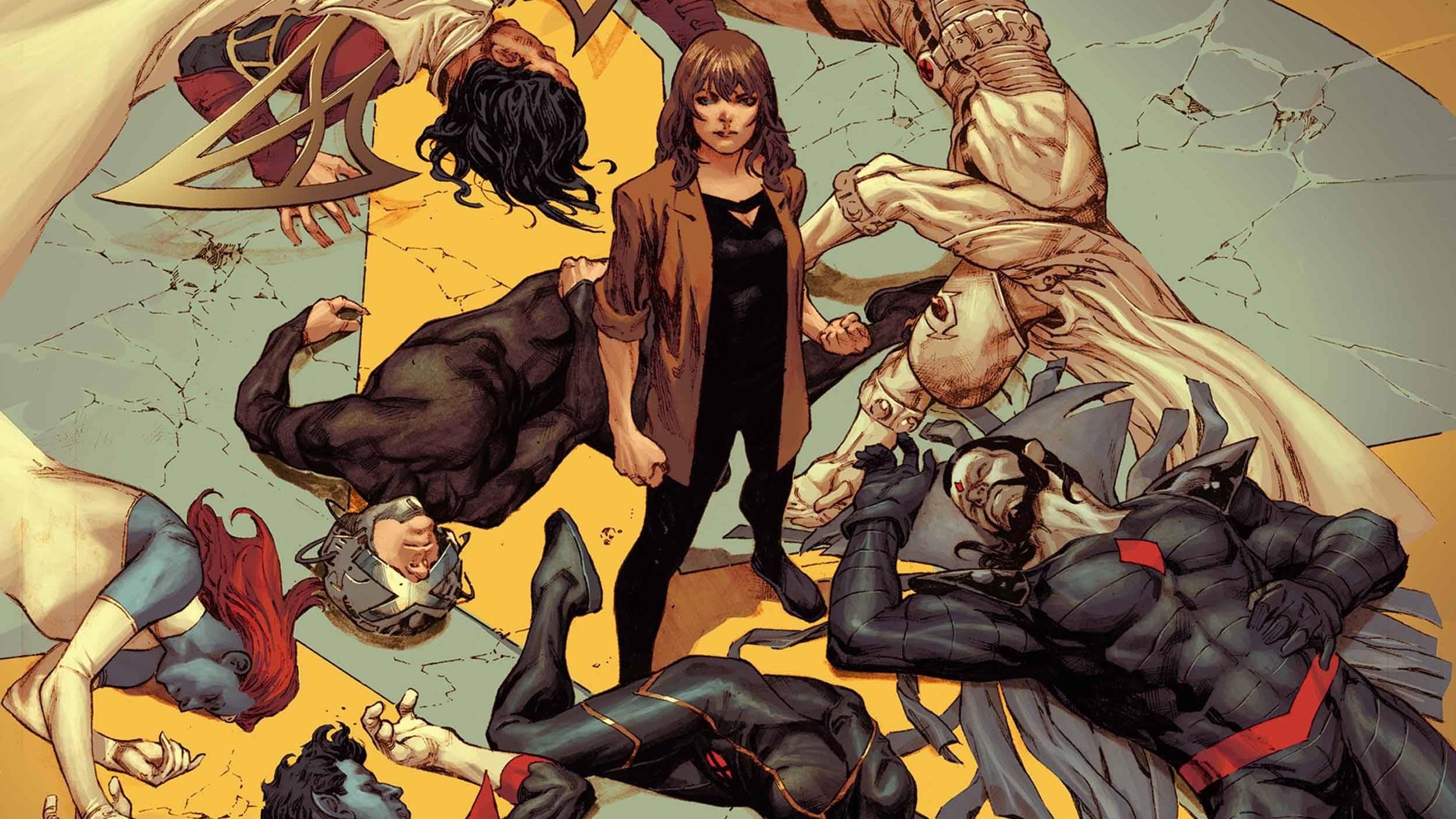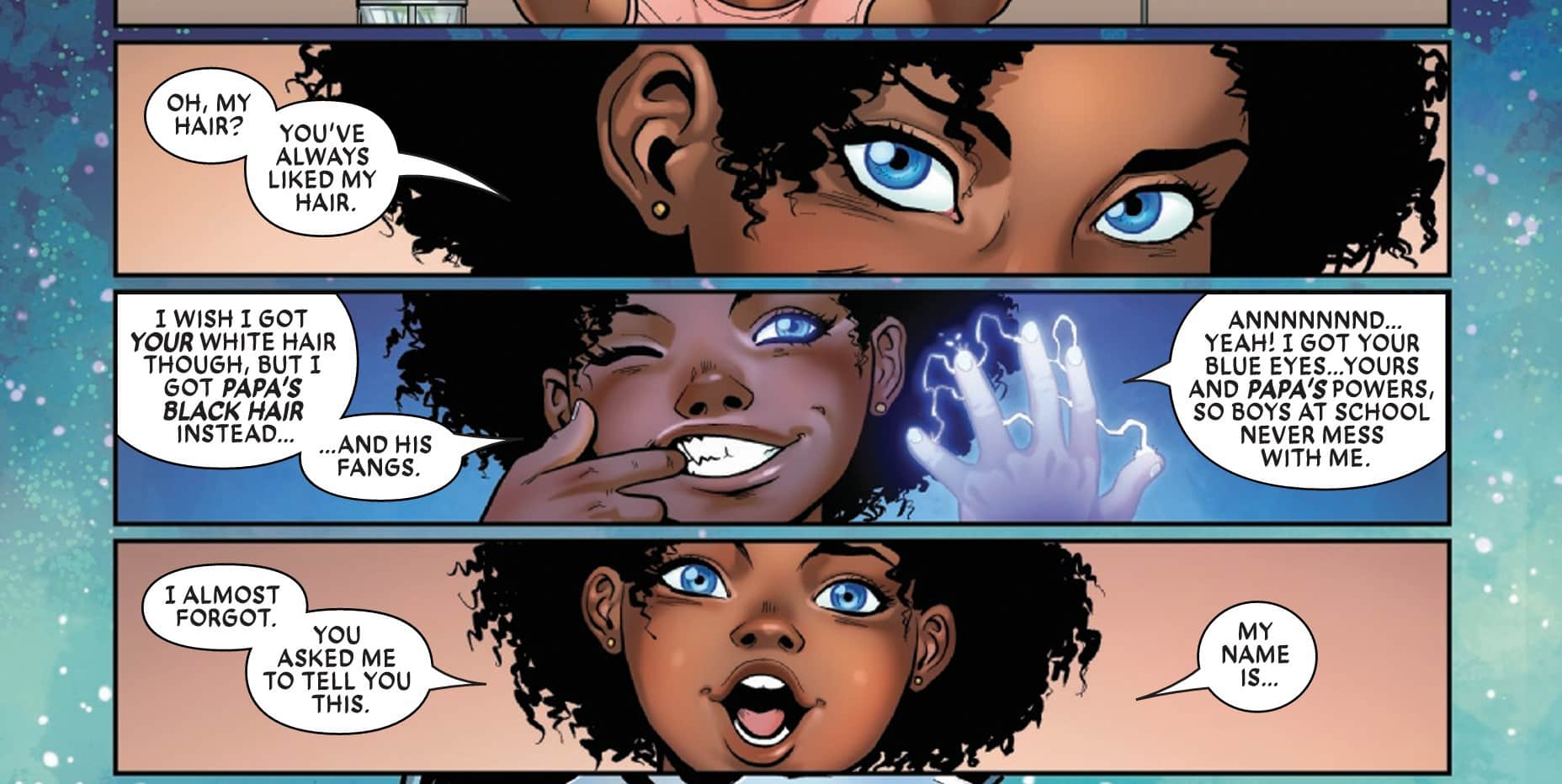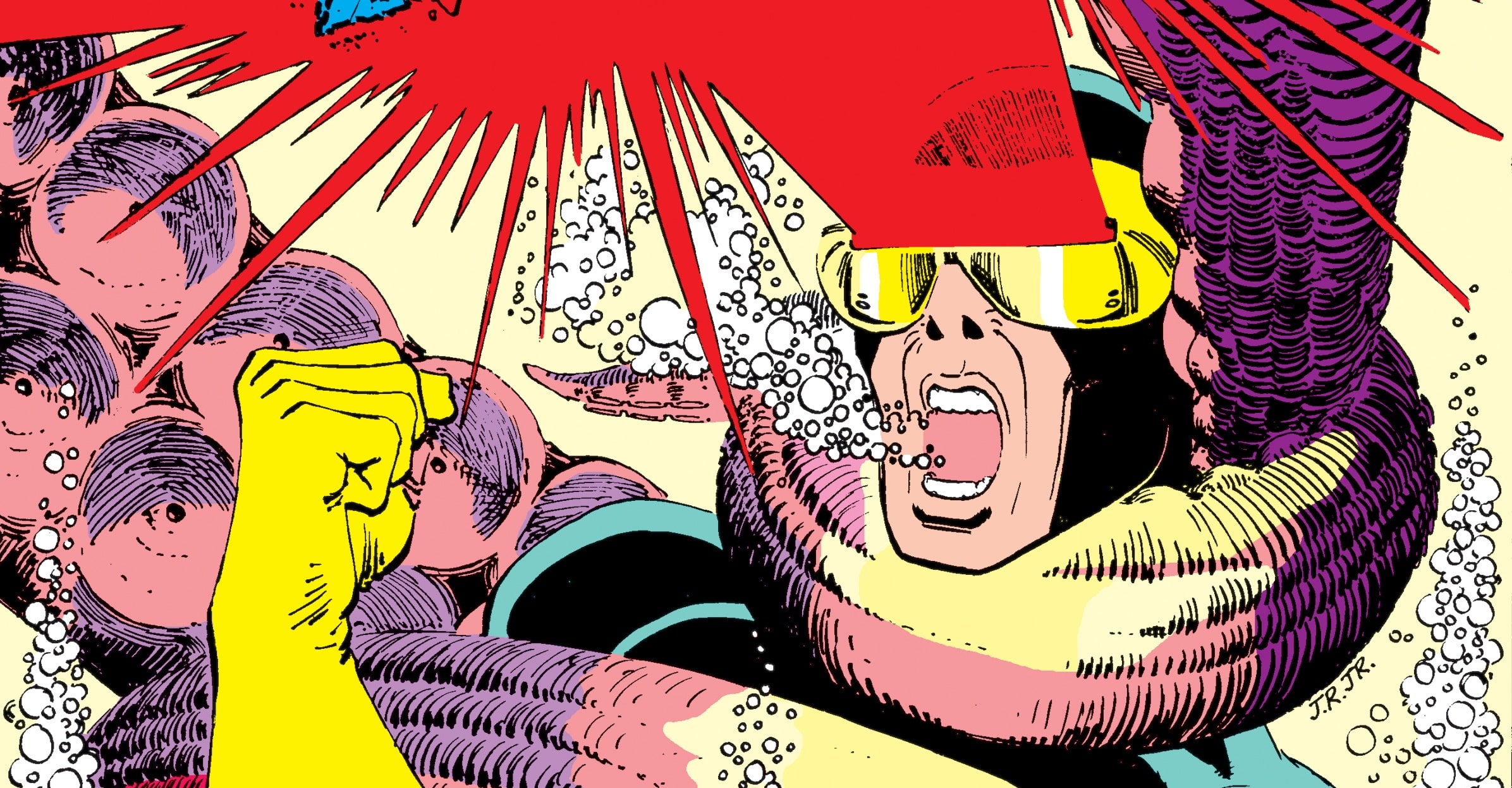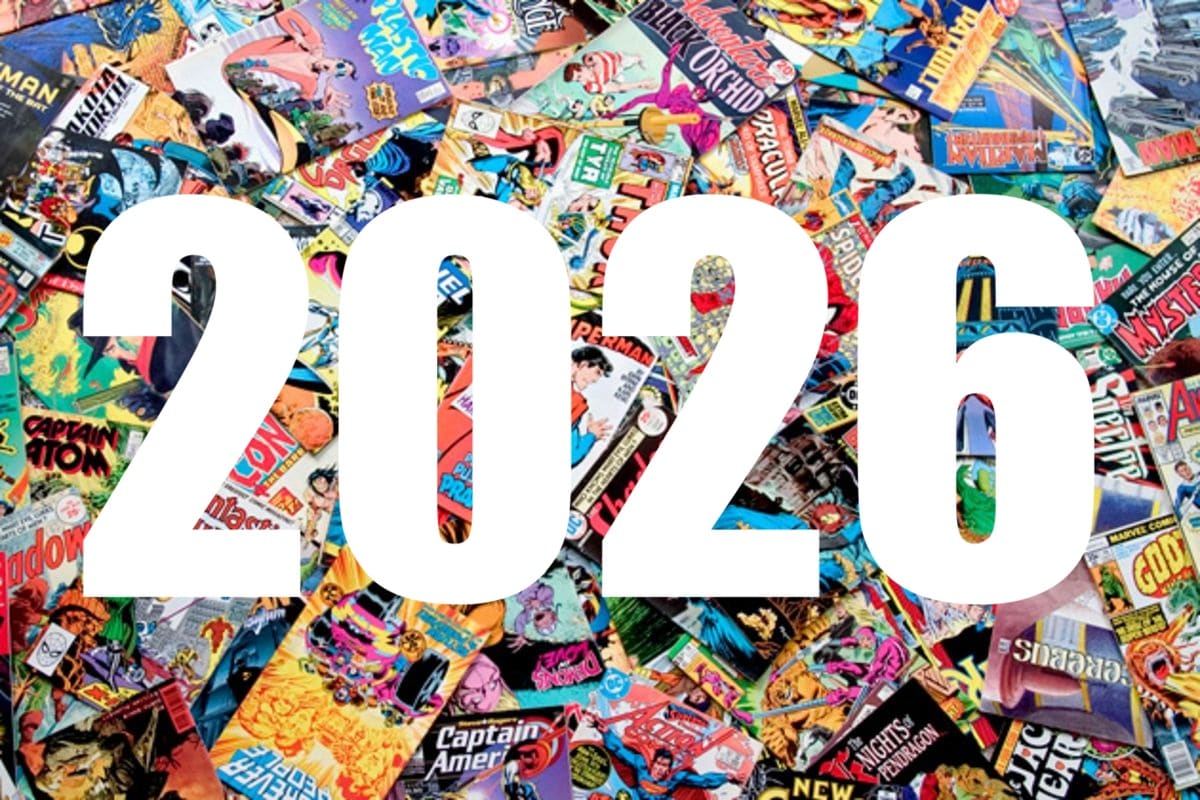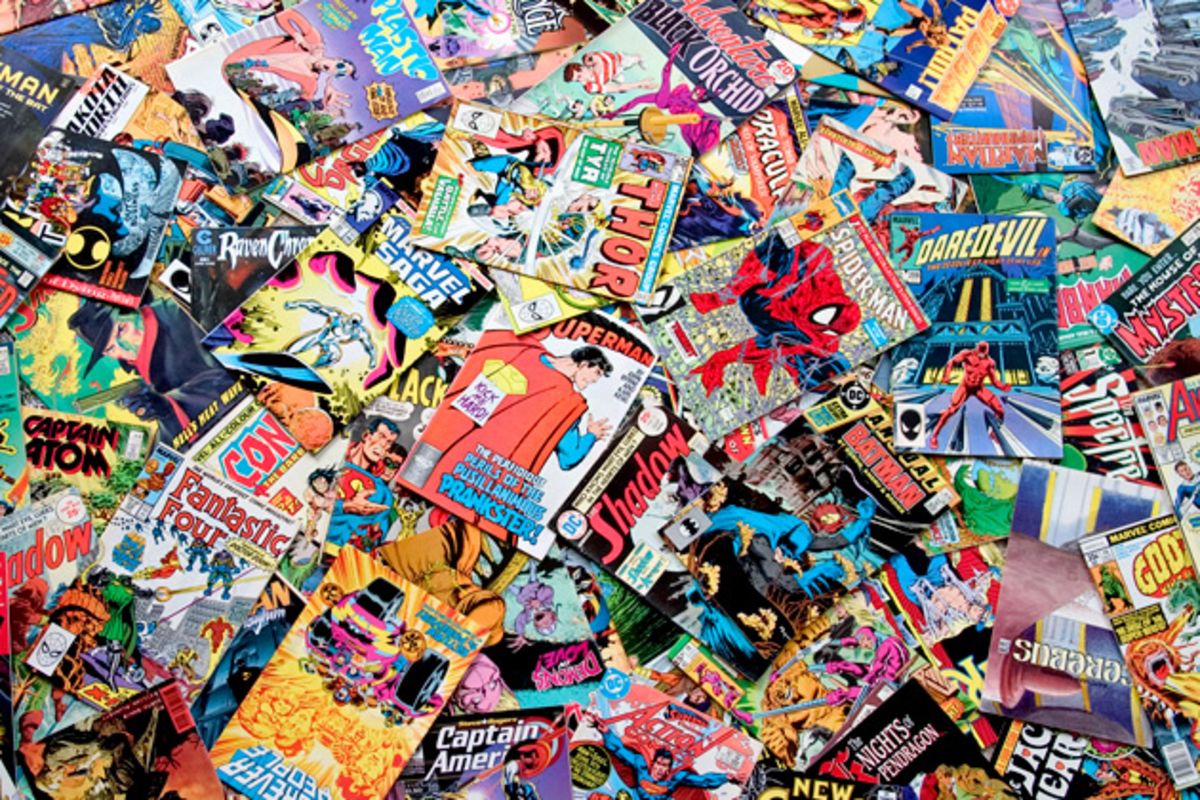The following first appeared in the ComicsXF newsletter. You can get early access to our editorials, a roundup of the week’s best content and get to know the members of the ComicsXFamily by subscribing right here.
In recent weeks, there’s been mild outrage and teeth-gnashing in some corners of the X-Men social media sphere over the “revelation” that the collective X-office, the assorted creators collaborating in a TV writers-room-like setup to craft the adventures of mutantkind in the Jonathan Hickman/Krakoa era, spent at least some portion of time in that era “treading water,” narratively speaking.
It surfaced in the wake of an interview Hickman gave to David Harper’s Off Panel podcast on Oct. 11. In the course of that discussion, Hickman talked about the impact of the COVID-19 pandemic on the overall direction of the X-books and how, as a result of scaling down then scaling back up their stories in response to the shifting status of comic book publishing in the midst of the pandemic, various benchmark plot points were “punted” (the word Hickman used) out beyond the point in time when they were originally going to occur. So while the events that are currently unfolding in Inferno and slated to occur after Inferno were always part of the overall narrative direction of the line, those events, originally, were going to occur earlier in the publishing schedule. This delay, in turn, caused the creative teams of some other books to put their own book-specific plotlines and character developments on relative hold as they waited for the entire franchise to reach those now-delayed benchmark stories.
Speaking as someone who has been reading the X-Men and their assorted franchise books consistently for the past 30 years, the most shocking thing about this “revelation” to me was simply that the creator involved was admitting to treading water so candidly. Treading water is, quite simply, a fact of life when it comes to collaborative, shared-universe, IP-driven superhero comics, and one doesn’t need to go back very far (or look very hard) to find more examples of it in the history of the X-Men.
Remember Mathew Rosenberg’s bi-weekly Uncanny X-Men series and the “Age of X-Man” event that came out right before Hickman’s arrival? That was largely an exercise in treading water, killing (narrative) time to give the auteur (and Marvel) time to put all the pieces of “Dawn of X” in place.
I came into comics shortly after Chris Claremont’s (first) departure from the X-Men and shortly before the Image exodus that saw a bunch of top-tier artistic talent leave Marvel to start a new comic book company, and while no one may have been shouting it loudly at the time, there was a whole lot of “treading water” going on as editorial scrambled to keep their best-selling franchise churning along after the departure of its chief architect for 15+ years and the superstars they’d hoped would be on the books for 15 more.
Jump ahead a few years, and Scott Lobdell wants to come out of 1996’s massive “Onslaught” crossover with a quieter story about the X-Men on the run from Operation: Zero Tolerance, but Marvel higher-ups want to hold that idea for the next summer’s big crossover event, so Lobdell, now writing both Uncanny X-Men and (adjectiveless) X-Men, proceeds to, essentially, tread water in the time between the crossovers.
Later, Claremont would come back to the X-Men, and for a few months before his return, Alan Davis was brought in to plot both X-Men series (some issues of which Claremont ghost-scripted), killing time before the big publicly announced return of Claremont. After that, with a shakeup of the X-books on the horizon due to the arrival of Grant Morrison, Lobdell came back to tread water briefly with an ad hoc team of X-Men before Morrison’s arrival.
The point is, there have been numerous eras in the X-Men’s history when the books can collectively have been said to be treading water, whether their creators admitted as much or not. And look, I am the last person who wants to undervalue the importance of the shared universe and collective narrative of the X-Men; I’ve been writing for almost 13 years about each issue of each X-book as a chapter in the unfolding narrative saga of these characters. But at the end of the day, whether or not the creators of a story intentionally push that narrative forward should have very little bearing on the critical analysis of it. There are any number of contributing factors to whether a story is good or bad, successful or not, and, certainly, “How does this advance the overarching narrative?” can be considered when making that appraisal. But to say a story — or a series of stories, or an entire calendar period’s stories — are inherently bad simply because their creators knew they could only move an arch-narrative ahead so far is short-sighted.
To be clear, I’m not saying all the stories from the period in question were great, or that everyone should think they’re great; I thought some were not very good at all, while I found others to be quite entertaining and effective on multiple levels. But the reasons for those appraisals, good and bad, have little to do with the creative intent as governed by the larger circumstance of publishing behind them, and learning now that the creators of those stories were in a narrative holding pattern doesn’t change whether the art was thrilling, the storytelling choices sound or the characters compelling.
Take it from a Comics Old, someone who has been around for a lot when it comes to the X-Men: Periodic narrative water treading is as much an X-Men tradition as baseball games, fastball specials and hairy mutants with fist-knives, even if it isn’t always spoken of quite so candidly as it has been recently. But the status of whether a given story was intended to drive toward some kind of collective narrative goal or just kill publishing time (or was created with no intention at all besides to tell a good story and/or make its corporate masters some money) shouldn’t be a key factor when considering that story’s merit. We all love the adventures of Marvel’s Merry Mutants, and some of us are especially invested in those adventures in the context of them being chapters in a larger, ongoing, serial narrative. But there is no time limit, no end date, to those adventures that suggests a story that doesn’t intend to make a significant contribution to that narrative is somehow robbing us of something better or more meaningful or more “important.”
I’ve been reading X-Men comics for most of my life, and I hope (body and mind willing) to keep reading them for the rest of it. Some of them will be great, some will be awful (and many will be thoroughly average), but the content and craft of the stories themselves must drive those determinations, not the impact of the ups and downs and machinations of the corporate publishing plan behind them.
Austin Gorton also reviews older issues of X-Men at the Real Gentlemen of Leisure website, co-hosts the A Very Special episode podcast, and likes Star Wars. He lives outside Minneapolis, where sometimes, it is not cold. Follow him @austingorton.bsky.social.

